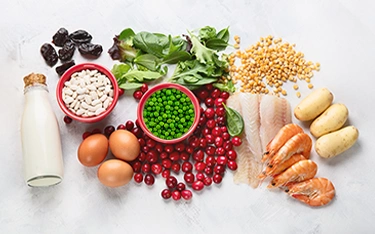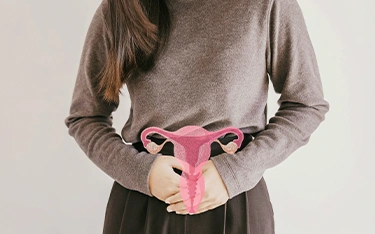FAQs
Avoid iodine-rich foods like seaweed, soya, shellfish, and iodised salt. Also, limit caffeine, soy products, and highly processed or sugary foods, as they may aggravate symptoms and overstimulate the thyroid gland.
Cruciferous vegetables like broccoli, kale, and cauliflower may help slow thyroid hormone production. Antioxidant-rich fruits, whole grains, lean proteins, and healthy fats support metabolism and reduce inflammation, aiding overall thyroid health. Including Tata’s Lite Iodised Salt, which has reduced sodium and added iodine, can also support better thyroid function.
While diet cannot cure hyperthyroidism, it plays a vital supportive role. A balanced diet helps ease symptoms, improve energy, and reduce complications. For best results, combine it with personalised homeopathic treatment or medical care.
Yes, caffeine can worsen symptoms such as anxiety, rapid heartbeat, and insomnia in people with hyperthyroidism. Limiting coffee, tea, and energy drinks is recommended for better thyroid and nervous system regulation
When cooked, cruciferous vegetables may reduce thyroid hormone production by limiting iodine absorption. Include moderate amounts of broccoli, cabbage, or Brussels sprouts in your thyroid-friendly diet.
Small, frequent meals throughout the day can help stabilise metabolism, prevent fatigue, and manage hunger caused by increased thyroid activity. To support sustained energy, include protein and fibre in each meal.




